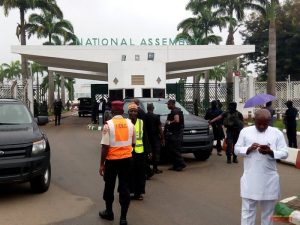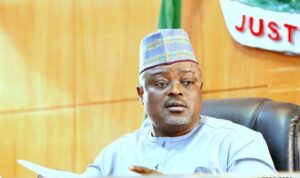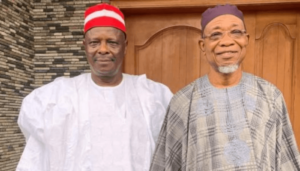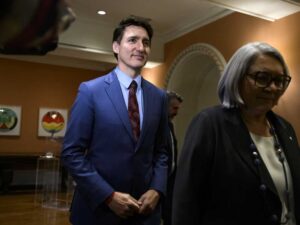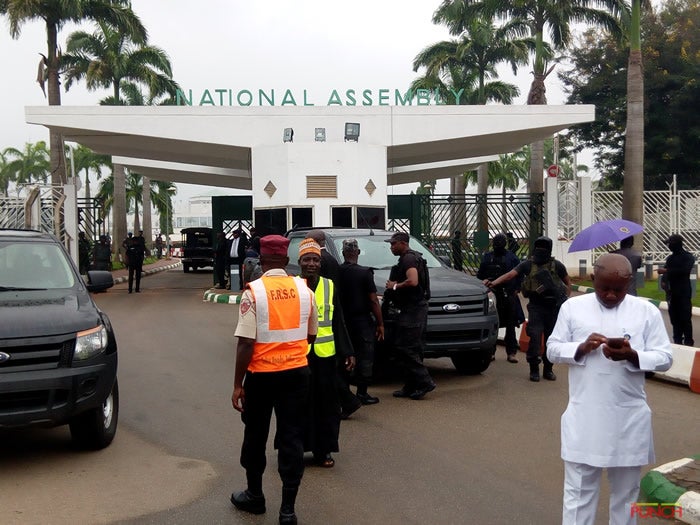
Electing to ignore the country’s precarious economic malaise, federal lawmakers approved an expensive renovation of the National Assembly complex in Abuja next year. The first phase of the project will cost N37 billion, which is part of the N10.59 trillion 2020 budget the President, Major General Muhammadu Buhari (retd.), signed into law on December 17. The misgiving among the citizenry about this misconceived renovation should trigger a full-blown national inquest.
Originally, the NASS complex was constructed at a cost of N10.7 billion ahead of the return to democracy in 1999. This makes the N37 billion outlay for the renovation outrageous, unjustifiable and excessive. In contrast, NASS allocated just N22.89 billion to the Federal Roads Maintenance Agency in the 2020 budget, despite the horrible dilapidation of the country’s road network. Therefore, it is painfully obvious that the lawmakers are self-serving, a group of spoilt public officials, unwilling to make any sacrifice for the common good at a time of dire economic situation.
Initiated by the Senate President, Ahmed Lawan, and House of Representatives Speaker, Femi Gbajabiamila, lawmakers are adamant that the project will go ahead, despite the mounting opposition from the public.
The Federal Capital Development Authority will pick up the colossal tab. At a time the organised labour is haggling with state governments on the payment of the new N30,000 (a month) minimum wage, there is no compelling rationale for the pampered parliamentarians to make this charge on the public treasury.
Apparently, this is a provocative undertaking that further drives a wedge between the citizens and the legislature, given its penchant for serving its interest. Disenchantment is high among the populace, the suffering masses. These lawmakers are described as the highest paid in the world, particularly when their emoluments are juxtaposed with Nigeria’s relatively small $398 billion Gross Domestic Product. A former senator, Shehu Sani, shocked the nation with his revelation in 2018 that each senator received N13.5 million monthly as “running costs.”
This kind of appropriation by the legislature makes the budget a toxic outlay. For the past few years, the country has been running deficit budgets. At the same time, national income is low, and expenditure high from cost of governance and debt servicing, which has averaged over 60 per cent of revenue in recent years. In the 2020 budget, debt servicing will gulp N2.45 trillion.
Plainly, the development shows that lawmakers care less about development. Insensitively, the legislators added N264 billion to the 2020 budget. From the N10.33 trillion Buhari submitted, the parliament unilaterally jacked up the budget to N10.59 trillion, indifferent to the inherent landmines in such budgeting.
Most of the country’s infrastructure is decrepit, with no hope of renewal as the money is simply not available. As of November, the regime had released only about 50 per cent of the capital vote for the fiscal year. Similarly, the Works and Housing Ministry has been allocated just N247 billion in the 2020 budget. The minister, Babatunde Fashola, said the regime owed contractors N306 billion. What then is the justification for Lawan, Gbajabiamila and their colleagues to put the renovation of the complex above national interest?
